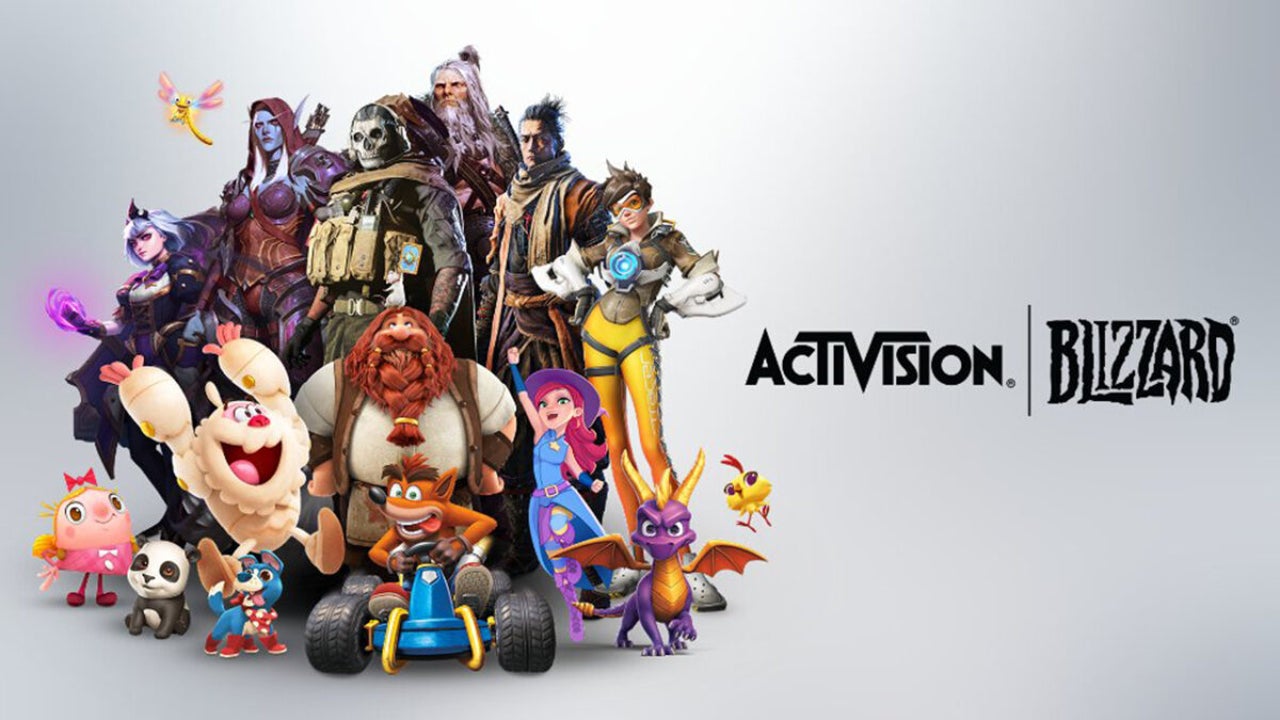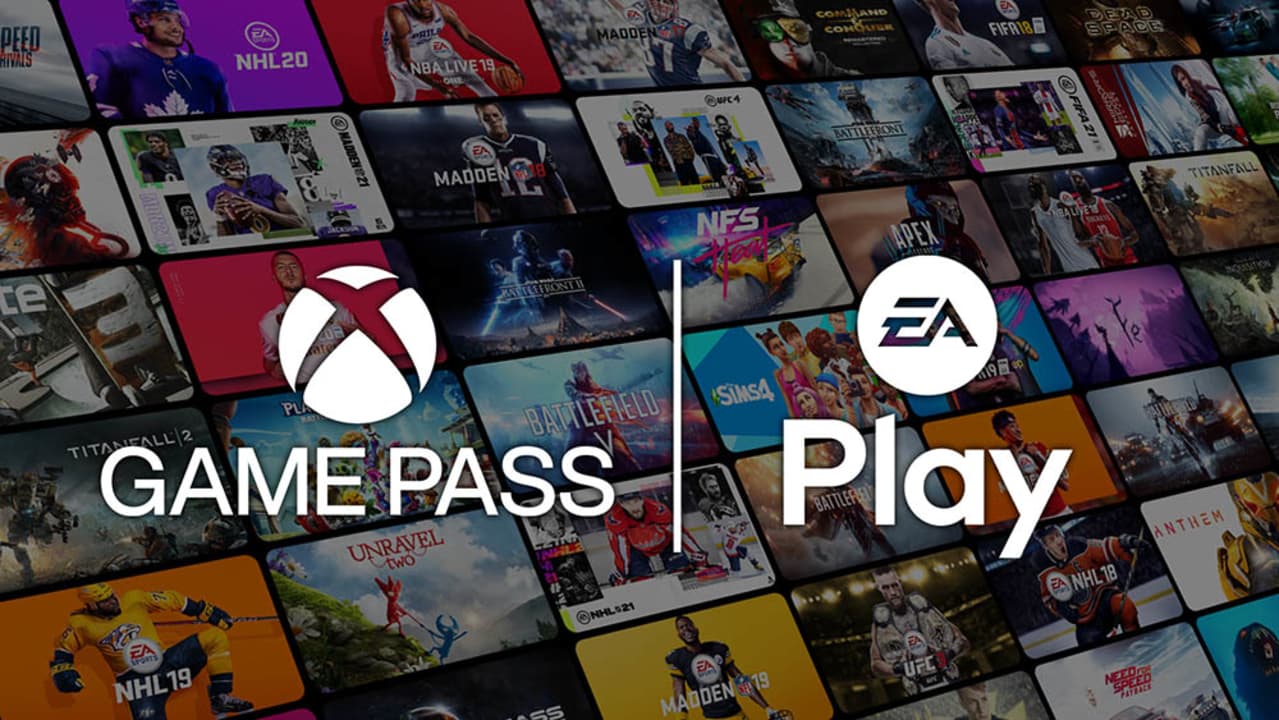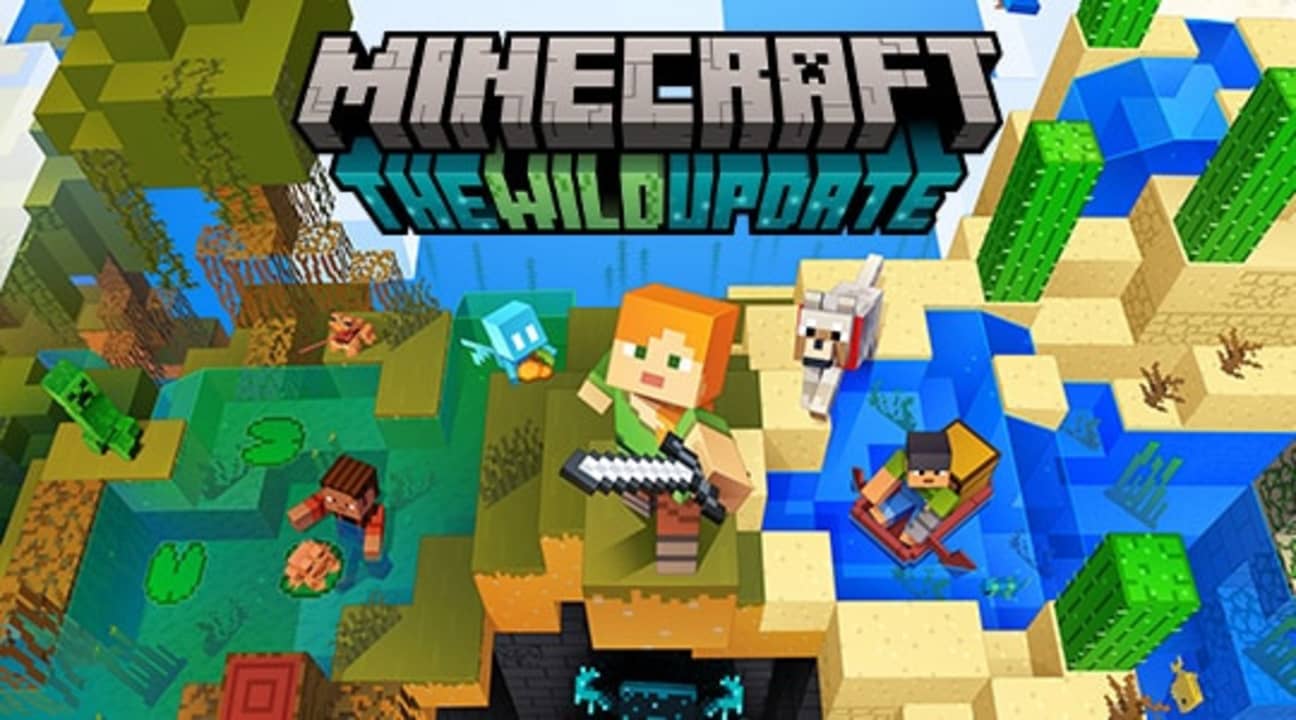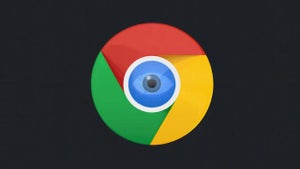News
Is it a problem that Microsoft is buying Activision? ?

- December 4, 2022
- Updated: July 2, 2025 at 3:16 AM

As you well know by now, if you’ve been reading our coverage on the subject, Microsoft plans to purchase Activision Blizzard for a monumental $69 Billion. We’ve already covered what this acquisition means for gamers and the wider gaming industry. Today, as promised, we’re going to delve into the details of the acquisition itself to determine whether there is truly grounds for the veritable inquisition that has arisen in the eyes of regulators all through the Western world.
In this article, we’ll discuss the acquisition details, Microsoft’s plans for the Call of Duty franchise upon which the entire argument rests, and the objections of the UK Competition & Markets Authority (CMA). All of this is in service of the question of whether Microsoft owning Activision Blizzard is truly the problem that regulators and global media make it out to be.
The background of the acquisition
We’ve discussed the basics of the acquisition at length by now, but we’ll cover them again here. Microsoft and Activision Blizzard have agreed to enter into a merger in which Microsoft will purchase Activision Blizzard for $69 billion. This is the largest and most expensive acquisition in gaming history, and the mere prospect has ruffled more than a few feathers.
Microsoft is one of three companies that currently dominate the console gaming market; the other two are Sony and Nintendo. However, while Microsoft forms part of the console gaming trinity, it is not the biggest company in the industry. That honor belongs to Sony with its PlayStation gaming consoles and its online game repository. Sony currently enjoys an estimated 65% market share in the console gaming industry. Microsoft, even with such titles as Minecraft and Forza, only has an estimated market share of 20%.

The alleged problem
The CMA and other authorities are vehemently opposed to one company gaining a monopoly over any industry. In order to attain a monopoly over the console gaming industry, Microsoft would need to have majority control over the industry and Xbox would need to be the dominant console. Not only that, but competitors like Sony and Nintendo would need to be taken virtually out of the equation. That would be a monopoly. One company with almost full control over an industry. As stated in our previous articles, this isn’t the current situation.
However, the industry sees the UK regulator as the singular entity that can decide the fate of the merger. Currently, the CMA is not set to give Microsoft and Activision Blizzard the green light.
The CMA’s perspective
The CMA has outlined many an issue in its comprehensive analysis of the acquisition, bur chief among these issues is the fact that it believes the deal will harm Sony and PlayStation irreparably. Here is an excerpt from the document detailing the CMA’s position:
‘There is a realistic prospect of a substantial lessening of competition in gaming consoles, multi-game subscription services, and cloud gaming services.’
Furthermore, the CMA also states that ‘The CMA is concerned that having full control over this powerful catalogue, especially in light of Microsoft’s already strong position in gaming consoles, operating systems, and cloud infrastructure, could result in Microsoft harming consumers by impairing Sony’s – Microsoft’s closest gaming rival – ability to compete as well as that of other existing rivals and potential new entrants who could otherwise bring healthy competition through innovative multi-game subscriptions and cloud gaming services.’
One of the biggest concerns, in the CMA’s opinion, is the issue of subscription services. The CMA holds the position that should this deal not be allowed to go through, Activision Blizzard’s games could form part of numerous subscription services. However, as you’ll see in the excerpt below, the CMA does not believe that Microsoft would allow Activision Blizzard’s games to appear anywhere other than the Xbox store.
‘This evidence shows that the Merger could impact competition in several ways. In investigating the Merger, and consistent with the CMA’s strict legal time constraints at phase 1, the CMA focused on the most important ways in which the Merger could potentially harm competition, both now and in the future.
These ‘theories of harm’ assess the harm to competition that could arise from: (a) Microsoft withholding or degrading ABK’s content—including popular games such as Call of Duty—from other consoles or multi-game subscription services; and (b) Microsoft leveraging its broader ecosystem together with ABK’s game catalogue to strengthen network effects, raise barriers to entry and ultimately foreclose rivals in cloud gaming services.’
However, if we look at the wording, the CMA admits that these are merely ‘theories of harm,’ not facts. There is no fact that supports these theories. The CMA has the expectation that Microsoft plans to turn all of Activision Blizzard’s titles into exclusive Xbox content. The CMA also mentions ‘network effects.’ By this, the CMA refers to the trend within the console gaming industry whereby consoles that are popular amongst gamers receive more games and, in turn, increase further in popularity. This effect is not one that Microsoft has displayed having any success with.

Another thing that the CMA ‘claims’ that is easy to prove false is that Microsoft might degrade the content published by Activision Blizzard. The rest of the document clarifies that the only game series that regulators seem to be concerned about is the Call of Duty franchise. Call of Duty is mentioned repeatedly throughout the CMA’s document; ad nauseum, really. The crux of the matter seems to be that the CMA doesn’t want Microsoft to have unilateral control over what is possibly the most successful gaming franchise in the industry’s history.
Looking at the successes that Microsoft has had with its previous acquisitions, such as Mojang, there’s little reason to expect that the company would tarnish the good name of the Call of Duty franchise. When Mojang was an independent developer, Minecraft was available on far fewer platforms, was more expensive, and didn’t have the massive team that it does today. Under Microsoft’s stewardship, Minecraft is available on more platforms than ever, has two spin-off titles that expand the game to more genres, and is now more affordable than ever with an Xbox Game Pass.
The truth is, Microsoft doesn’t destroy franchises; it builds them up, bolsters them, and brings them more success. This is likely the reason that Activision Blizzard is on board with the acquisition in the first place. The success that gaming franchises see upon joining the Microsoft family is unparalleled.

The other major issue with this entire story is the fact that the CMA believes that Microsoft intends to strike an exclusivity deal with Activision Blizzard, preventing its game from being available aywhere other than the Xbox store. However, Microsoft has stated on numerous occasions that this is not the way the acquisition would happen.
First, Microsoft offered Sony an additional period of three years over and above the existing deal that the company currently has with Activision Blizzard. This means that Sony would still be able to host Call of Duty and its PlayStation-exclusive perks for three years beyond the existing deal. Sony rejected the offer, and Microsoft’s latest declaration is that Sony will not lose access to Activision Blizzard’s titles. Microsoft has stated, in no uncertain terms, that as long as there is a PlayStation console to host Call of Duty, Call of Duty shall be hosted on PlayStation consoles. Microsoft, therefore, has no clear intention or reason to ‘degrade’ Activision Blizzard’s titles, or withhold them from other console creators. Let’s also be clear that the only competing platform that the CMA is concerned about is Sony’s PlayStation.
Microsoft’s response to the CMA’s concerns
Microsoft, the powerhouse that it is, isn’t just going to sit back and let the CMA tarnish its name by implying that it would degrade gaming titles. No, Microsoft released statements of its own that accuse the CMA of publishing misplaced concerns. Furthermore, Microsoft claims that the CMA ‘adopts Sony’s complaints without the appropriate level of critical review.’
The CMA used its report to justify escalating its investigation into anti-trust matters to ‘phase 2.’ However, Microsoft issued a response to that particular gripe as well. ‘These unsupported theories of harm are not sufficient to justify a reference to Phase 2. The suggestion that the incumbent market leader, with clear and enduring market power, could be foreclosed by the third largest provider as a result of losing access to one title is not credible.’
Let us clarify here that the ‘incumbent market leader’ to which Microsoft refers is Sony. Microsoft makes this quite clear in it’s assertion to challenge the seemingly fragile position that the CMA feels that Sony is in. ‘While Sony may not welcome increased competition, it has the ability to adapt and compete.’

Microsoft lists further reasons that it believes the CMA’s report is ‘misplaced.’ Among other things, Microsoft asserts that Sony is the industry leader, in this case, and ‘engages in conduct today which is reflective of its market power in console gaming, including increasing prices of its consoles without fear of losing market share,’
Sony is in an incredibly powerful position in the market at the moment. There isn’t much that could shake its dominance right now. If anything, the CMA should allow the acquisition to go ahead purely for the purpose of giving Sony some much-needed competition.
Let Microsoft acquire Activision Blizzard
The CMA’s document clearly has its biases. The authority seems to have blinkers on where Sony and its market share is concerned. The CMA doesn’t seem to grasp the reality of the console gaming industry, which is that Sony is a behemoth and is currently running unrivaled. Yes, it has rivals in Microsoft and Nintendo, but neither company is as powerful or as successful in the console gaming market as Sony is. Therefore, this entire situation feels like the big bully on the playground picking on the little guy.
After examining all this information, it seems clear that there is no issue with Microsoft acquiring Activision Blizzard. The merger isn’t likely to increase Microsoft’s market share in the console gaming industry to such an extent that it attains a monopoly over the entire industry. If anything, the acquisition will position Microsoft in the industry such that it can actually compete squarely with the behemoth that is Sony and its PlayStation console.
Latest from Russell Kidson
You may also like
 News
NewsTikTok’s Bold Move: The Joint Venture That Changes Everything for American Users
Read more
 News
NewsThis documentary teaches us in a very original way how Disneyland was built
Read more
 News
NewsThe mod to make The Sims 4 able to have sex is downloaded up to 400,000 times a day
Read more
 News
NewsBack to the Future only moved forward thanks to the casting of this legendary actor
Read more
 News
NewsThis weekend you can play for free the latest game from the creators of Alan Wake
Read more
 News
NewsThe most successful Action RPG of recent years will be available to play for free this weekend
Read more